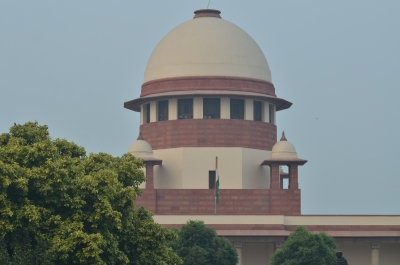
Wellington, Jan 28 (IANS) A centralised contact tracing system for sexually transmitted infections (STI), suitably adapted from that used for Covid-19, could improve outcomes for STIs, including chlamydia, gonorrhoea and syphilis, suggests a study.
According to Public Health registrar Dr Catriona Murray from University of Otago in New Zealand, many patients prefer to tell contacts themselves and need to be helped to do this with good information and support.
But, Murray said, studies indicate that STI contact tracing, also called partner notification, is often incomplete and that the process is under-resourced.
In the paper, published in the New Zealand Medical Journal, she said a centralised system would enable a more consistent and comprehensive approach to partner notification for STIs and alleviate some of the burden on already stretched clinicians.
“We need more resources to reduce the high and inequitable rates of STIs and to allow us to rapidly respond to new or emerging infections that can be spread via sexual contact,” Murray said.
However, she said concerns remain about trust and privacy if a national contact tracing service was established. She also stressed the importance of local area knowledge and the need for cultural safety for gay, bisexual and other men who have sex with men, and for indigenous peoples.
“High levels of trust are clearly a key part of successful partner notification, and for some populations that might be best achieved through trusted local providers who could be supported, as needed, by central expertise.”
Murray said although the objective is a simple one, partner notification for STIs can be difficult to carry out successfully, particularly in cases where there are complexities that may require cultural, medical and/or legal expertise. Patient safety is always a priority and contacts are not informed if there is a risk of violence.
She said there is a lack of STI services in rural areas, and a national STI contact tracing workforce could provide a consistent, expert telehealth service, either directly to cases and contacts, or by supporting local clinicians.
“We may get the best outcomes through the establishment of a centralised STI contact tracing service that also provides training and support for local practitioners.”
–IANS
rvt/prw




